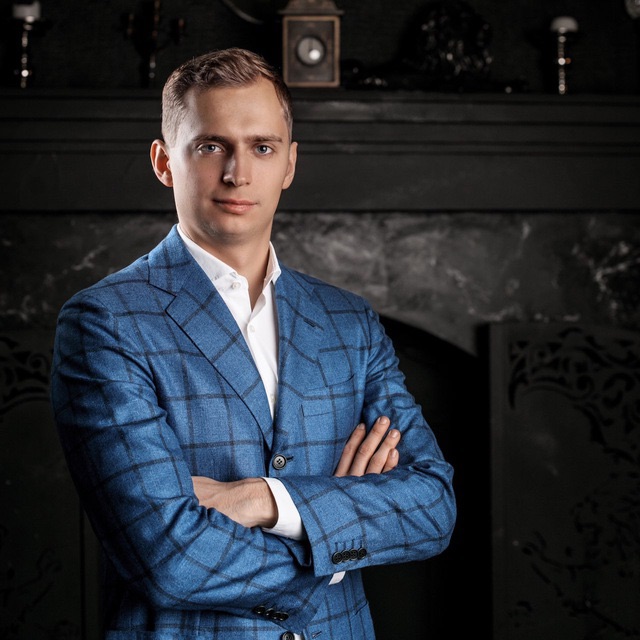485 reads
DAOfication as a Nascent Crypto Trend
by
August 8th, 2022
Audio Presented by

Founder & CEO of Jets.Capital, an private investment fund; founder & CEO of Listing.Help agency and Blockchain Life.
About Author
Founder & CEO of Jets.Capital, an private investment fund; founder & CEO of Listing.Help agency and Blockchain Life.
